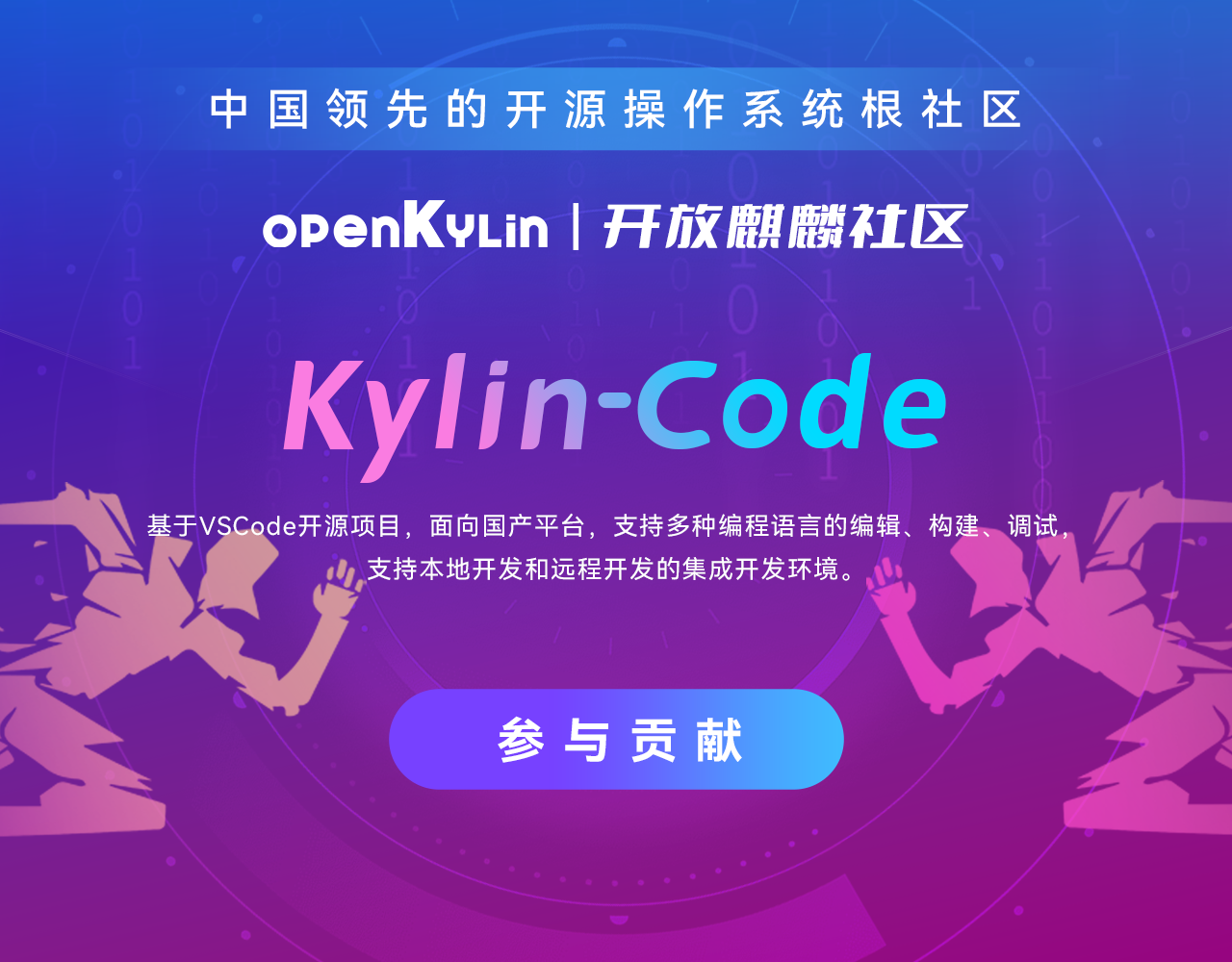
private native int deflateBytes(long addr, byte[] b, int off, int len, int flush); private native int inflateBytes(long addr, byte[] b, int off, int len) throws DataFormatException;
public static byte[] compress(byte input[]) { ByteArrayOutputStream bos = new ByteArrayOutputStream(); Deflater compressor = new Deflater(1); try { compressor.setInput(input); compressor.finish(); final byte[] buf = new byte[2048]; while (! compressor.finished()) { int count = compressor.deflate(buf); bos.write(buf, 0, count); } } finally { compressor.end(); } return bos.toByteArray(); } public static byte[] uncompress(byte[] input) throws DataFormatException { ByteArrayOutputStream bos = new ByteArrayOutputStream(); Inflater decompressor = new Inflater(); try { decompressor.setInput(input); final byte[] buf = new byte[2048]; while (! decompressor.finished()) { int count = decompressor.inflate(buf); bos.write(buf, 0, count); } } finally { decompressor.end(); } return bos.toByteArray(); }
private void writeHeader() throws IOException { ...... } private void writeTrailer(byte[] buf, int offset) throws IOException { ...... }
public static byte[] compress(byte srcBytes[]) { ByteArrayOutputStream out = new ByteArrayOutputStream(); GZIPOutputStream gzip; try { gzip = new GZIPOutputStream(out); gzip.write(srcBytes); gzip.close(); } catch (IOException e) { e.printStackTrace(); } return out.toByteArray(); } public static byte[] uncompress(byte[] bytes) { ByteArrayOutputStream out = new ByteArrayOutputStream(); ByteArrayInputStream in = new ByteArrayInputStream(bytes); try { GZIPInputStream ungzip = new GZIPInputStream(in); byte[] buffer = new byte[2048]; int n; while ((n = ungzip.read(buffer)) >= 0) { out.write(buffer, 0, n); } } catch (IOException e) { e.printStackTrace(); } return out.toByteArray(); }
<dependency> <groupId>org.apache.commons</groupId> <artifactId>commons-compress</artifactId> <version>1.12</version> </dependency>
public static byte[] compress(byte srcBytes[]) throws IOException { ByteArrayOutputStream out = new ByteArrayOutputStream(); BZip2CompressorOutputStream bcos = new BZip2CompressorOutputStream(out); bcos.write(srcBytes); bcos.close(); return out.toByteArray(); } public static byte[] uncompress(byte[] bytes) { ByteArrayOutputStream out = new ByteArrayOutputStream(); ByteArrayInputStream in = new ByteArrayInputStream(bytes); try { BZip2CompressorInputStream ungzip = new BZip2CompressorInputStream( in); byte[] buffer = new byte[2048]; int n; while ((n = ungzip.read(buffer)) >= 0) { out.write(buffer, 0, n); } } catch (IOException e) { e.printStackTrace(); } return out.toByteArray(); }
<dependency> <groupId>org.anarres.lzo</groupId> <artifactId>lzo-core</artifactId> <version>1.0.5</version> </dependency>
public static byte[] compress(byte srcBytes[]) throws IOException { LzoCompressor compressor = LzoLibrary.getInstance().newCompressor( LzoAlgorithm.LZO1X, null); ByteArrayOutputStream os = new ByteArrayOutputStream(); LzoOutputStream cs = new LzoOutputStream(os, compressor); cs.write(srcBytes); cs.close(); return os.toByteArray(); } public static byte[] uncompress(byte[] bytes) throws IOException { LzoDecompressor decompressor = LzoLibrary.getInstance() .newDecompressor(LzoAlgorithm.LZO1X, null); ByteArrayOutputStream baos = new ByteArrayOutputStream(); ByteArrayInputStream is = new ByteArrayInputStream(bytes); LzoInputStream us = new LzoInputStream(is, decompressor); int count; byte[] buffer = new byte[2048]; while ((count = us.read(buffer)) != - 1) { baos.write(buffer, 0, count); } return baos.toByteArray(); }
<dependency> <groupId>net.jpountz.lz4</groupId> <artifactId>lz4</artifactId> <version>1.2.0</version> </dependency>
public static byte[] compress(byte srcBytes[]) throws IOException { LZ4Factory factory = LZ4Factory.fastestInstance(); ByteArrayOutputStream byteOutput = new ByteArrayOutputStream(); LZ4Compressor compressor = factory.fastCompressor(); LZ4BlockOutputStream compressedOutput = new LZ4BlockOutputStream( byteOutput, 2048, compressor); compressedOutput.write(srcBytes); compressedOutput.close(); return byteOutput.toByteArray(); } public static byte[] uncompress(byte[] bytes) throws IOException { LZ4Factory factory = LZ4Factory.fastestInstance(); ByteArrayOutputStream baos = new ByteArrayOutputStream(); LZ4FastDecompressor decompresser = factory.fastDecompressor(); LZ4BlockInputStream lzis = new LZ4BlockInputStream( new ByteArrayInputStream(bytes), decompresser); int count; byte[] buffer = new byte[2048]; while ((count = lzis.read(buffer)) != - 1) { baos.write(buffer, 0, count); } lzis.close(); return baos.toByteArray(); }
<dependency> <groupId>org.xerial.snappy</groupId> <artifactId>snappy-java</artifactId> <version>1.1.2.6</version> </dependency>
public static byte[] compress(byte srcBytes[]) throws IOException { return Snappy.compress(srcBytes); } public static byte[] uncompress(byte[] bytes) throws IOException { return Snappy.uncompress(bytes); }
public static void main(String[] args) throws Exception { FileInputStream fis = new FileInputStream(new File("player.dat")); FileChannel channel = fis.getChannel(); ByteBuffer bb = ByteBuffer.allocate((int) channel.size()); channel.read(bb); byte[] beforeBytes = bb.array(); int times = 2000; System. out. println ("Size before compression:"+beforeBytes. length+"bytes"); long startTime1 = System.currentTimeMillis(); byte[] afterBytes = null; for (int i = 0; i < times; i++) { afterBytes = GZIPUtil.compress(beforeBytes); } long endTime1 = System.currentTimeMillis(); System. out. println ("Compressed size:"+afterBytes. length+"bytes"); System. out. println ("Compression times:"+times+", time:"+(endTime1 - startTime1) + "ms"); byte[] resultBytes = null; long startTime2 = System.currentTimeMillis(); for (int i = 0; i < times; i++) { resultBytes = GZIPUtil.uncompress(afterBytes); } System. out. println ("uncompressed size:"+resultBytes. length+"bytes"); long endTime2 = System.currentTimeMillis(); System. out. println ("Decompression times:"+times+", time:"+(endTime2 - startTime2) + "ms"); }
















































